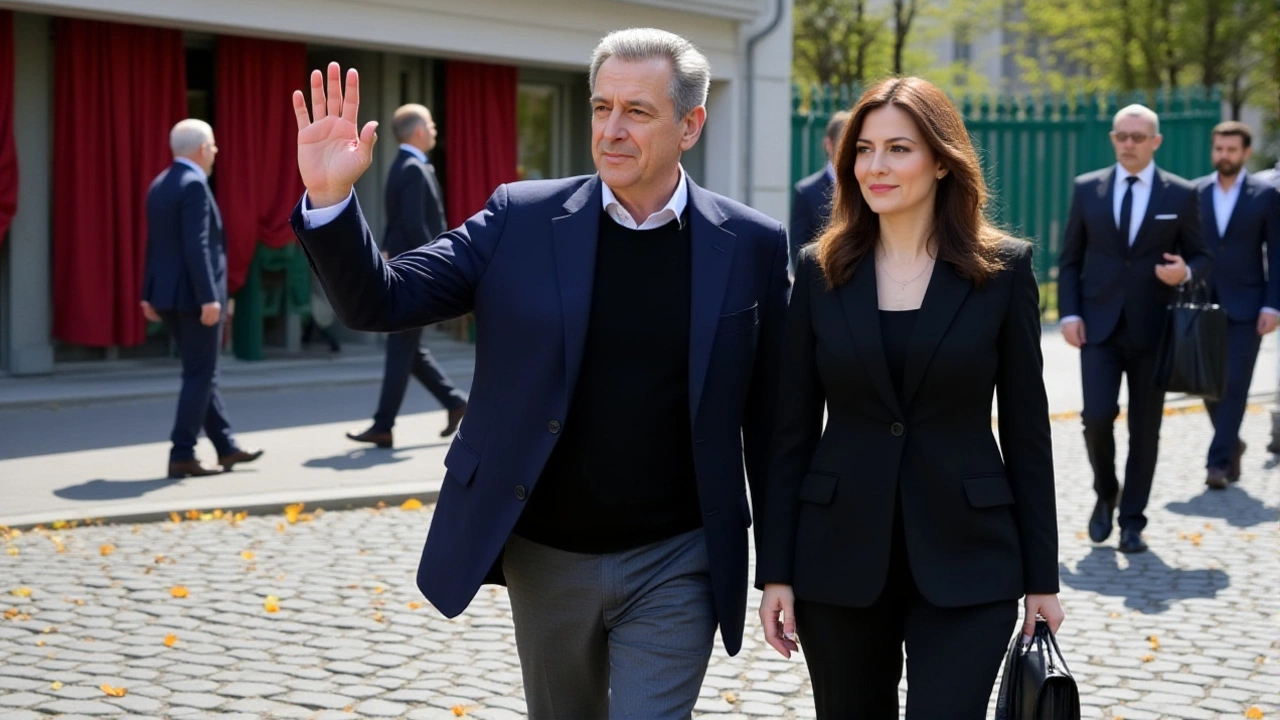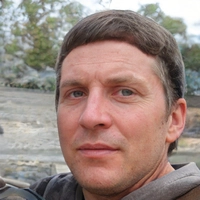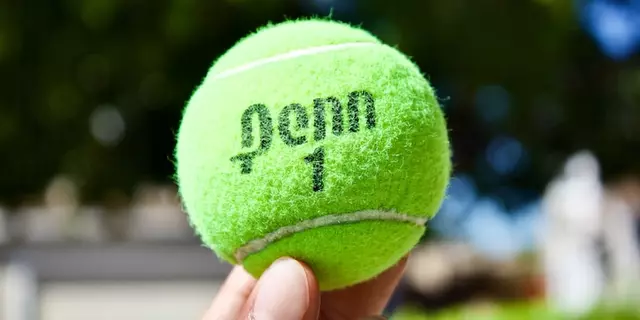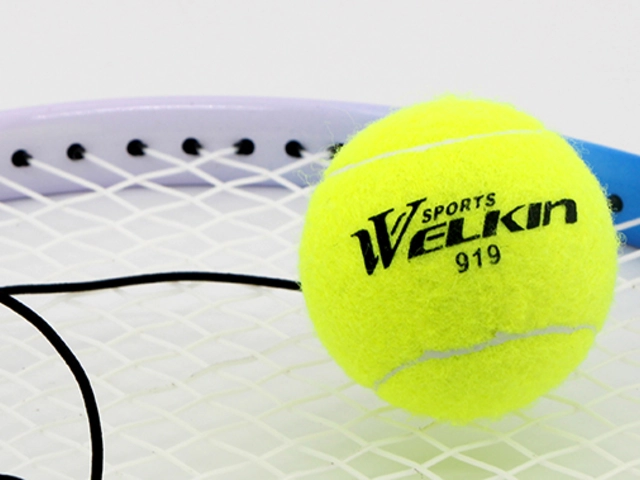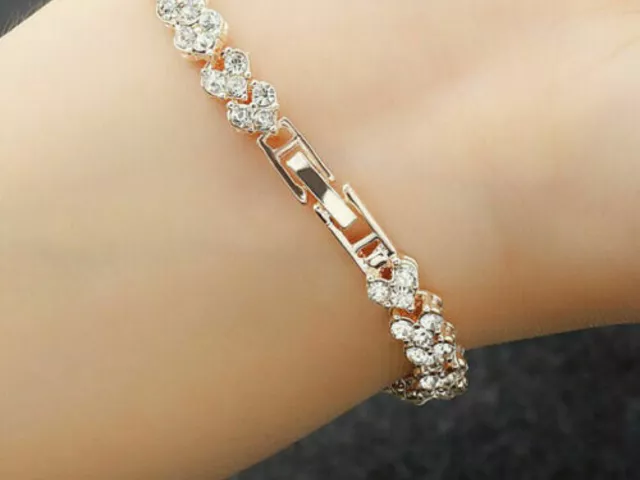When Nicolas Sarkozy, former President of France, walked into the segregation wing of La Santé Prison on October 21, 2025, the nation held its breath. The 69‑year‑old former head of state had just been sentenced by the Paris Court of Appeal to five years for a criminal conspiracy tied to an alleged €50 million Libyan cash injection during his 2007 presidential campaign. Leading the defense, veteran lawyer Thierry Herzog announced an immediate appeal, while prosecutors from the National Financial Prosecutor's Office (PNF) hailed the decision as a landmark in French anti‑corruption law. The case also resurrects the shadow of the late Libyan leader Muammar Gaddafi, whose regime is accused of funneling the illicit funds.
Background of the Libyan Funding Case
The controversy dates back to the summer of 2007, when Sarkozy’s Union for a Popular Movement (UMP) campaign allegedly received cash parcels hidden inside diplomatic pouches. French investigators later identified Moussa Koussa, Libya’s former intelligence chief, as a key witness who testified that Gaddafi personally authorized the €50 million transfer. The money, never declared to the Constitutional Council, was said to have helped the UMP secure the 53.06 % of the vote that sent Sarkozy to the Élysée Palace.
Two separate investigations emerged: Case No. 16/02840 focused on the Libyan interference, while Case No. 18/00621 examined illegal campaign financing from domestic sources. Both were pursued by the PNF under the direction of Jean‑François Bohnert, then head of the office. The investigations culminated in a September 25, 2025 verdict that found Sarkozy guilty of criminal conspiracy, a charge carrying a mandatory five‑year term and a €100,000 fine.
Details of the October 21, 2025 Incarceration
At 12:21 PM UTC, Sarkozy was escorted by a squad of armed officers into the segregation unit of La Santé Prison, a maximum‑security facility located at 22 Rue de la Santé in Paris’s 14th arrondissement. The prison, designed to hold up to 1,200 inmates, has a dedicated wing for high‑profile detainees, complete with separate exercise yards and limited contact with the general population.
According to Prison Administration Directive No. 2025‑091, Sarkozy will remain isolated for an initial 15‑day period, after which a review will decide whether he can be transferred to a regular cell block. The directive cites “security concerns, including potential threats from extremist groups and organized crime factions,” as the rationale for segregation.
While the five‑year term officially begins on October 21, the court granted credit for 182 days already served under electronic home confinement between 2021 and 2023. That means Sarkozy must serve at least 24 months before becoming eligible for parole, as French law requires a minimum of 40 % of the sentence to be completed.
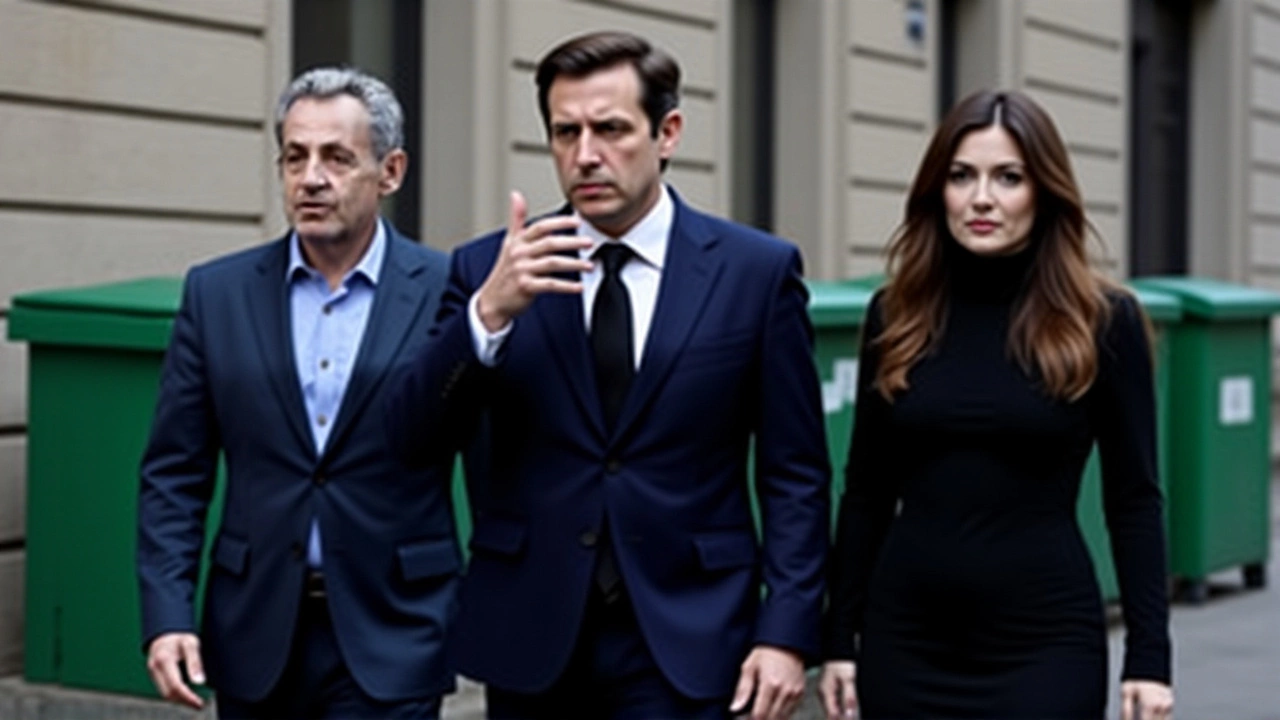
Reactions from Political Figures and Legal Experts
Across the aisle, the response has been split. Center‑right leader Éric Ciotti called the ruling “politically motivated” and urged immediate clemency, while left‑wing parliamentarian Manon Aubry praised the decision as “a decisive step against the culture of impunity that has long haunted French politics.”
Legal scholars are equally divided. Professor Éléonore de Charentenay of Panthéon‑Assas University noted that “the segregation order is standard procedure for former heads of state; the real legal battleground will be the upcoming appeal to the Cour de Cassation.” Speaking from the Sorbonne, criminal law expert Laurent Fauré warned that a reversal could set a “dangerous precedent for future leaders” if procedural flaws are successfully argued.
Implications for French Presidential Immunity
France’s Constitution grants former presidents a limited immunity for acts performed in office, but this protection does not extend to alleged criminal conduct predating the term. The Sarkozy case forces a rare judicial test of that boundary. Constitutional scholar Laurence Ducreux explains that “the courts have long maintained a clear distinction between political decisions and personal criminal liability.” If the Cour de Cassation upholds the conviction, it could open the door for future prosecutions of ex‑presidents, reshaping the legal landscape of French governance.
International observers are watching closely. The European Court of Human Rights has previously ruled that “no individual, regardless of former office, should be above the law,” a sentiment echoed in a recent Op‑Ed by Marc Gaspard, a senior fellow at the International Institute for Democracy and Electoral Assistance.

Next Legal Steps and Potential Appeals
Sarkozy’s legal team has already filed a notice of appeal to the Cour de Cassation, France’s highest court, with oral arguments scheduled for January 15, 2026. The defense plans to challenge the admissibility of Koussa’s testimony and argue that the trial suffered from “procedural irregularities and media‑driven bias.”
Should the Cour de Cassation overturn the sentence, Sarkozy could be released immediately, though the remaining convictions for campaign‑finance violations would still stand. Conversely, a reaffirmation would solidify the precedent that former presidents are fully accountable under French criminal law.
In the meantime, the public remains divided. Polls conducted by IFOP on October 28, 2025 show that 48 % of respondents view the imprisonment as a necessary accountability measure, while 37 % see it as a politically charged act. The remaining 15 % are unsure.
Frequently Asked Questions
How does Sarkozy’s imprisonment affect the UMP (now Les Républicains) party?
The party, which rebranded as Les Républicains in 2015, has struggled to distance itself from the scandal. Membership numbers dipped 12 % after the verdict, and fundraising slowed, forcing the leadership to prioritize internal reforms and a new image campaign aimed at younger voters.
What legal avenues remain for Sarkozy after the Cour de Cassation hearing?
If the Cour de Cassation upholds the conviction, Sarkozy could still petition the European Court of Human Rights, alleging violations of his right to a fair trial. However, success at that level is rare and would require demonstrating a clear breach of the European Convention on Human Rights.
Why is the Libyan cash alleged to have been hidden in diplomatic pouches?
Diplomatic pouches are traditionally exempt from customs inspection under the Vienna Convention. Using them allowed the funds to bypass French financial oversight, making the money virtually invisible to auditors and investigators.
What does this case mean for future French presidents?
Legal experts say the ruling clarifies that presidential immunity ends with the term and does not shield former leaders from investigations into pre‑office misconduct. Future office‑holders are likely to face stricter financial disclosures and closer parliamentary scrutiny.
How secure is La Santé Prison for high‑profile inmates?
La Santé is one of France’s most secure facilities, equipped with separate wings for segregation, advanced surveillance, and a dedicated staff trained to handle media‑sensitive cases. Its location in central Paris, however, does make it a frequent target for protests and occasional security threats.
